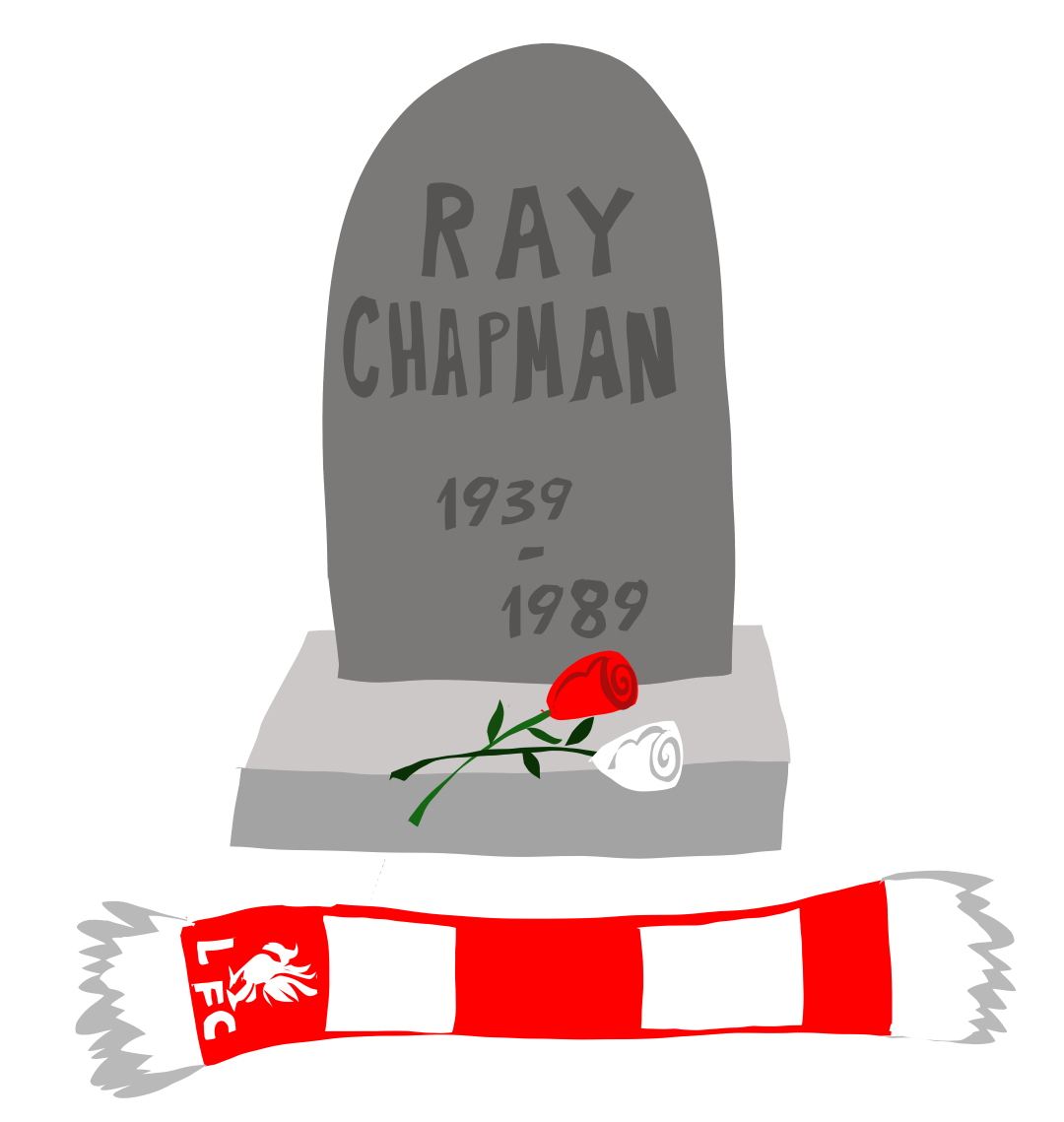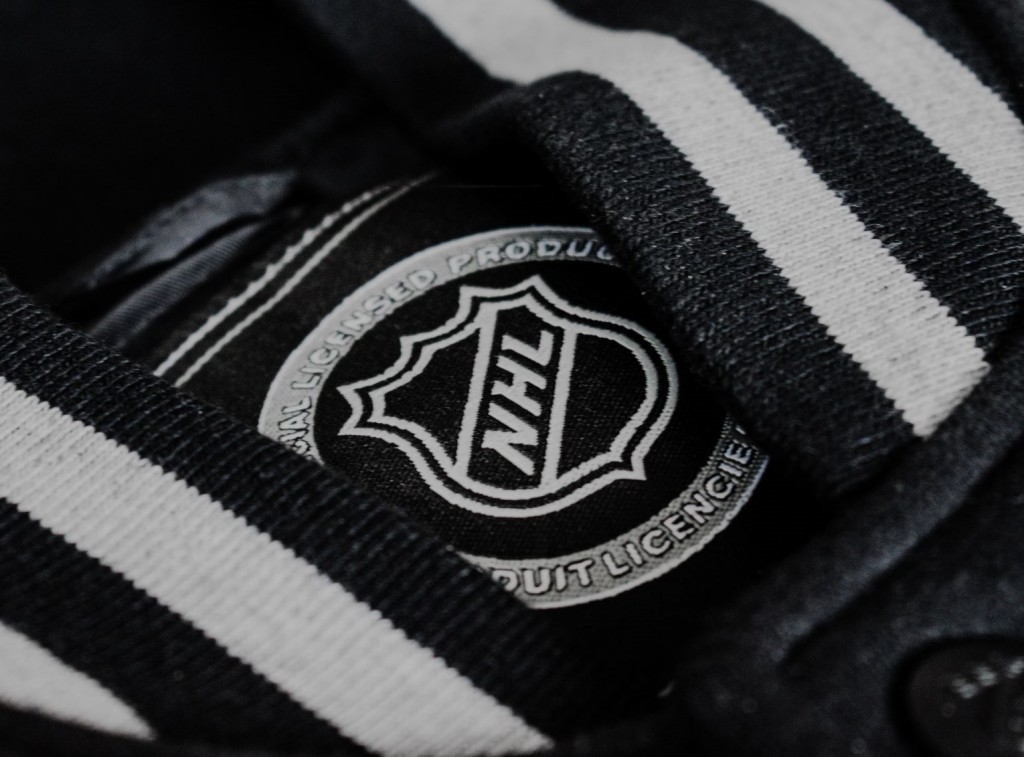
The 1989 Hillsborough Disaster, part two
By Brandon Yip, Senior Columnist
“While the whole city was in disbelief at what happened, the days, weeks, months, and years that followed did nothing but pour salt in the wound. The characterization that Liverpool fans were at fault played to a painful stereotype about the city.”
– Paul Chapman, Deputy Editor of ‘The Province’
Over three decades have passed since the Hillsborough Disaster, where 96 Liverpool fans died during an FA Cup semi-final match. It has been a very painful period for the victims’ families. They have been on a mission fighting for justice for their loved ones.
The families have endured years of delays due to police cover ups and erroneous false stories circulated in the media damaging the reputation of their loved ones. The main culprit was The Sun newspaper, which has been boycotted by Liverpool fans (to spell out its name is sacrilege to them). Also, the families protested an inquiry’s conclusion that “accidental death” was the cause of all 96 deaths at Hillsborough. The ruling was later overturned by a coroner’s findings in December 2012.
In April 2016, a second inquest led to a jury ruling that the 96 people were “unlawfully killed.” However, another setback occurred in 2019, when David Duckenfield was found not guilty of the gross negligence manslaughter of 95 Liverpool fans. He was the former South Yorkshire Police chief superintendent and the then match commander at Hillsborough.
Paul Chapman, Deputy Editor for The Province, remembered what he was doing the day of the Liverpool and Nottingham Forest match. “Well, [I was] up early waiting for the score on the game to be released on CBC radio,” Chapman said in an email interview with the Other Press. “There were no all sports channels, no internet. The game was supposed to kick off at 7 am our time, and when I heard the bulletin that the game was being abandoned 15 minutes in. What followed was a flurry of phone calls from our kitchen to the United Kingdom.”
Chapman also has a very personal connection to Hillsborough. “The next day we got word that my dad’s cousin, Ray Chapman, was amongst the dead,” Chapman said. “While the whole city was in disbelief at what happened, the days, weeks, months, and years that followed did nothing but pour salt in the wound. The characterization that Liverpool fans were at fault played to a painful stereotype about the city.”
In April 2009, the Liverpool Echo profiled Ray Chapman as part of a larger project to honour the 96 victims who died at Hillsborough. The Echo wrote, “Ray Chapman shouldn’t have been at Hillsborough. The 50-year-old dad-of-two did not have enough vouchers to qualify for a ticket, but at the last minute a friend in his Prenton local gave him his because he couldn’t travel.”
Ray was from Prenton and worked at the Champion Spark Plugs factory in Birkenhead. He had been looking forward to retirement with his wife, Joan, who told the same publication, “I went with him into Liverpool to get the ticket. Before he set off on the day, we arranged to meet at the Halfway House for a drink that evening when he was back. I had a shirt ironed and ready on the bed for him to get changed into. I’ll never, ever forget that night.”
Joan stated the first couple of years after Ray’s death, she was in shock. She fell into depression and had suicidal thoughts. But for the sake of her two children, Andrew and Karen, she decided to carry on with her life. Joan remembered going to Sheffield to identify Ray’s body. “All the victims were in one room and it was like a madhouse with screaming and crying,” she said. “I was terrified of seeing him in case he was badly injured but he just had a bruise on his face and looked asleep. His hair was slightly out of place and I wanted to fix it for him but he was behind glass casing [….] He was a lovely man [and a] real gentleman who was a great father and husband. I wouldn’t be surprised if he had gone back to help someone before he died.”
Paul Chapman said the Hillsborough tragedy could have been prevented had there been better planning by police officials beforehand (to control the overcrowding at the stadium). After the 96 deaths, police were more focused on covering up their mistakes rather than being accountable and admitting errors were made.
Perhaps giving a sincere apology immediately to the families of the victims would have gone a long way in helping them cope better in the healing process. Their lives were forever changed on that fateful day on April 15, 1989. “There was no crowd control plan,” Chapman said. “The lies were started by media and perpetuated by police, trying to save their own careers and covering up their own negligence. You go to a hockey game, you take for granted that there are police, ushers, and private security who have a plan on how to manage people so this kind of thing never happens. On that day in Sheffield, 96 fans went to a game excited to see Liverpool, the Tricky Reds, the best team in England at the time, make it to another FA Cup Final. They never came home.”


